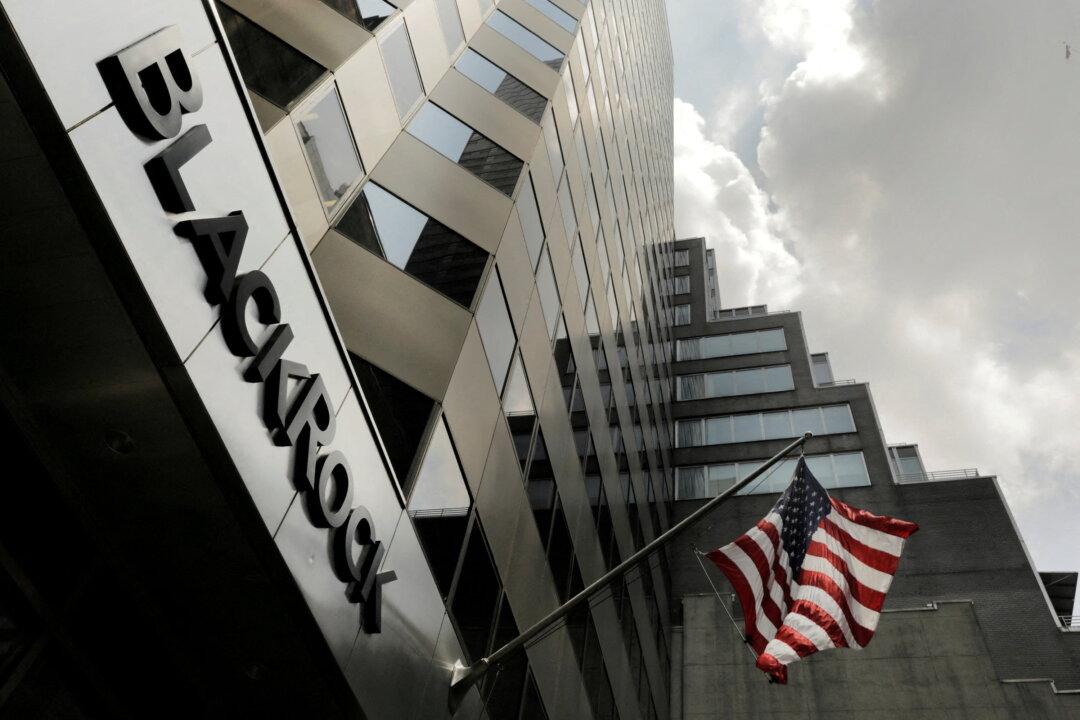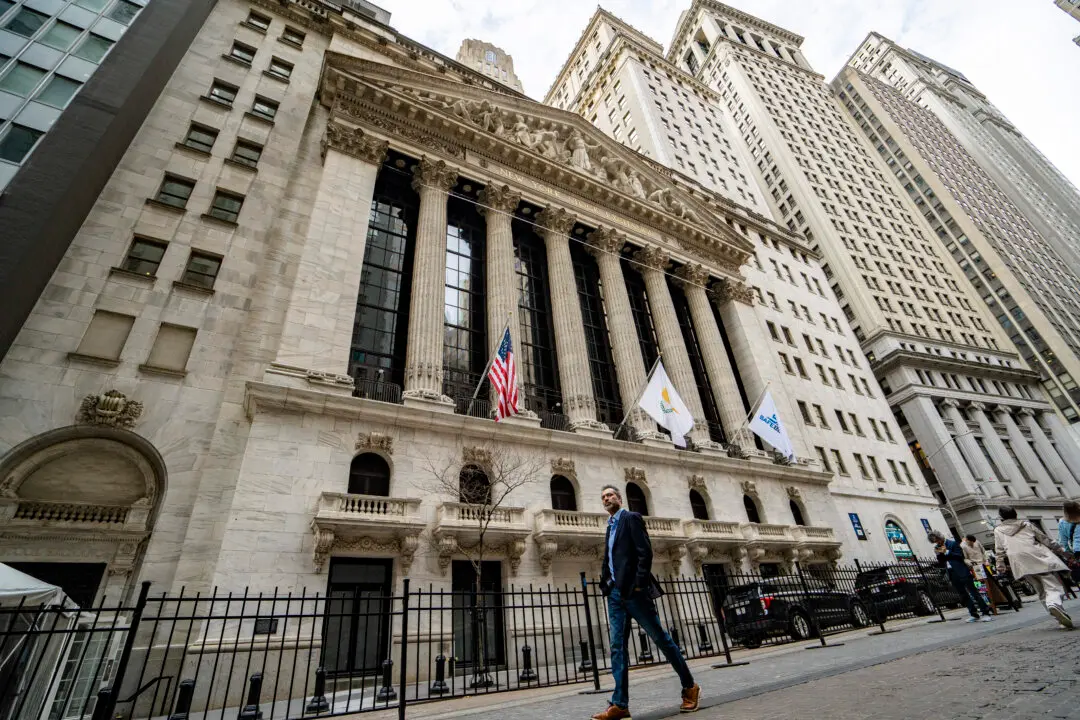BlackRock’s focus on the latest Wall Street craze—environmental, social, and governance (ESG) investing—has turned into a risky affair for the world’s largest asset manager, a UBS analyst recently said.
Brennan Hawken, an analyst at the bank, downgraded the stock of BlackRock (NYSE: BLK) to Neutral from Buy and slashed the stock price target to $585 from $700 over growing pushback to its ESG efforts.





